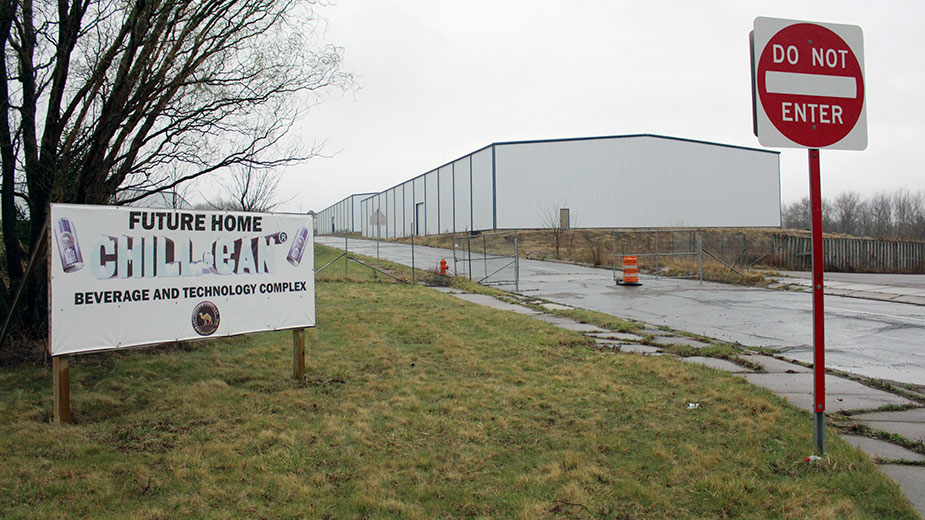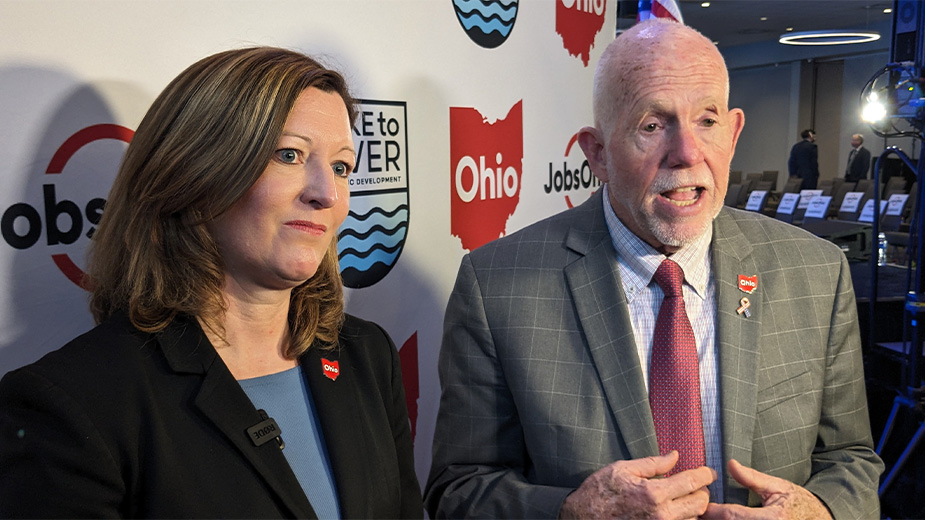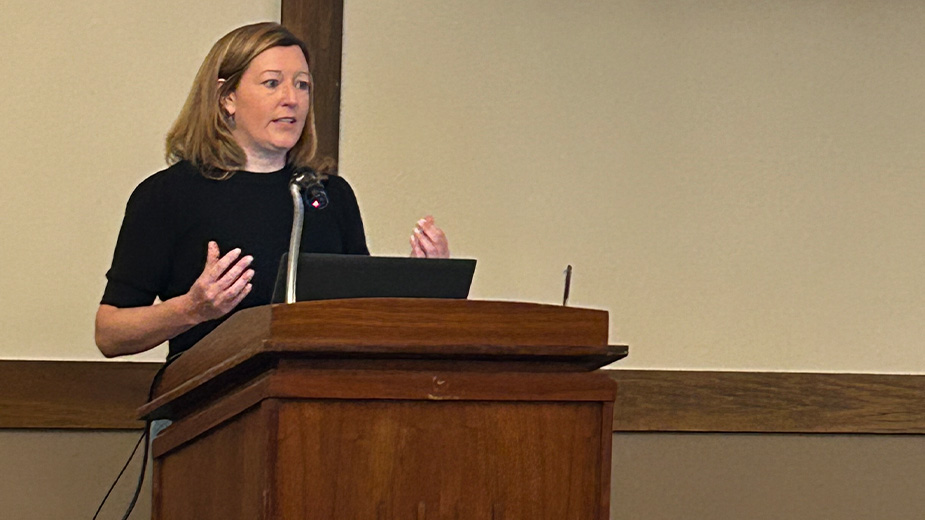Court Grants City’s Request for Chill-Can Documents
YOUNGSTOWN, Ohio – A Mahoning County Common Pleas Court has ordered the developer and related companies of the Chill-Can project to turn over additional documents requested by the city, according to papers filed Friday.
Judge Maureen Sweeney issued a judgment entry March 10 that orders Joseph Manufacturing Inc. to complete responses to the city’s discovery requests within 10 days of the order.
Motions filed in court Jan. 18 show that the city wants M.J. Joseph Development Corp. and a related company, Joseph Manufacturing Inc., of Irvine, Calif., to produce documents identifying the whereabouts or status of pieces of equipment that the companies put up as collateral when the project started almost six years ago.
The motions were prompted by a Business Journal story published in October that reported the developer’s parent company – Joseph Co. International – had sold its building in California for $5.4 million in August 2021, an attorney representing the city told The Business Journal earlier this year.
“When we learned the building had been sold, that caused us concern,” Thomas Hull II of Manchester, Newman and Bennett, the law firm representing the city in its legal case against M.J. Joseph Development Corp., told the Business Journal in January.
The equipment at the time was at Joseph Co. International’s plant at 1711 Langley Ave. in Irvine, Calif.
The city says it wants information as to whether the equipment is still there, has been sold or has been removed from the premises, Hull said.
M.J. Joseph Development and Joseph Manufacturing signed a security agreement in 2017 that put up equipment valued at no more than $1 million as collateral to protect the city’s position in the Chill-Can project.
The security agreement was signed in place of a traditional performance bond. A performance bond is a financial guarantee from one party ensuring it will meet the obligations of a contract signed with another party.
In 2016, Mitchell Joseph, CEO of M.J. Joseph Development and its related companies, announced his company would build a $20 million campus on the city’s east side to produce self-chilling cans and pursue new research and development ventures. The project pledged to create 237 jobs.
As part of the development package, the city awarded the developer a $1.5 million grant to prepare the site under the condition that the company complete the project and create the jobs.
It also spent hundreds of thousands of dollars to demolish structures and relocate residents of the East Side neighborhood where the project is located.
So far, just three empty buildings sit at the site, and the company’s latest report to the city shows the project has created one job.
The city and the Joseph companies are embroiled in a legal dispute over the development contracts. In May 2021, M.J. Joseph filed a lawsuit against the city saying it wasn’t entitled to a refund of the $1.5 million.
The city countersued for return of the grant money, plus $414,948 in property acquisition and relocation costs, and another $318,523 in demolition and abatement expenses. It also claims it lost another $575,000 in tax revenue that was promised as a result of the ill-fated project.
Sweeney ruled in November that the developer was in breach of contract and ordered M.J. Joseph to repay the city its $1.5 million. The court did not address any additional damages the city requested, and the city has asked for a bench trial to decide the outcome.
M.J. Joseph’s attorney, Brian Kopp, said in an email to Hull in November that his client intended to appeal the court’s decision.
Copyright 2024 The Business Journal, Youngstown, Ohio.



